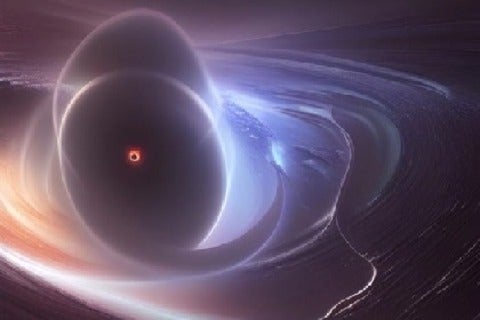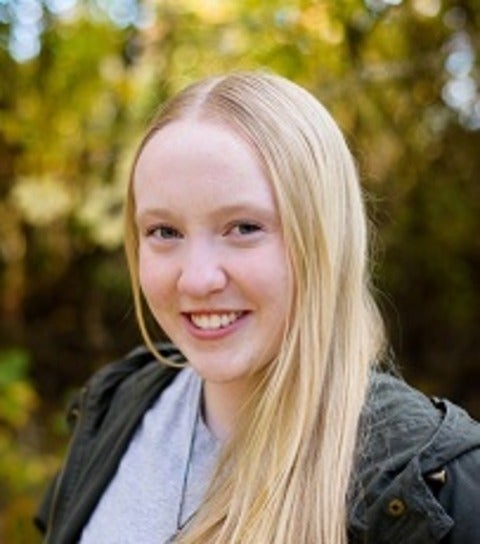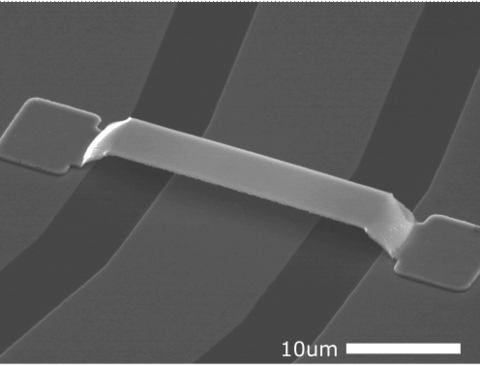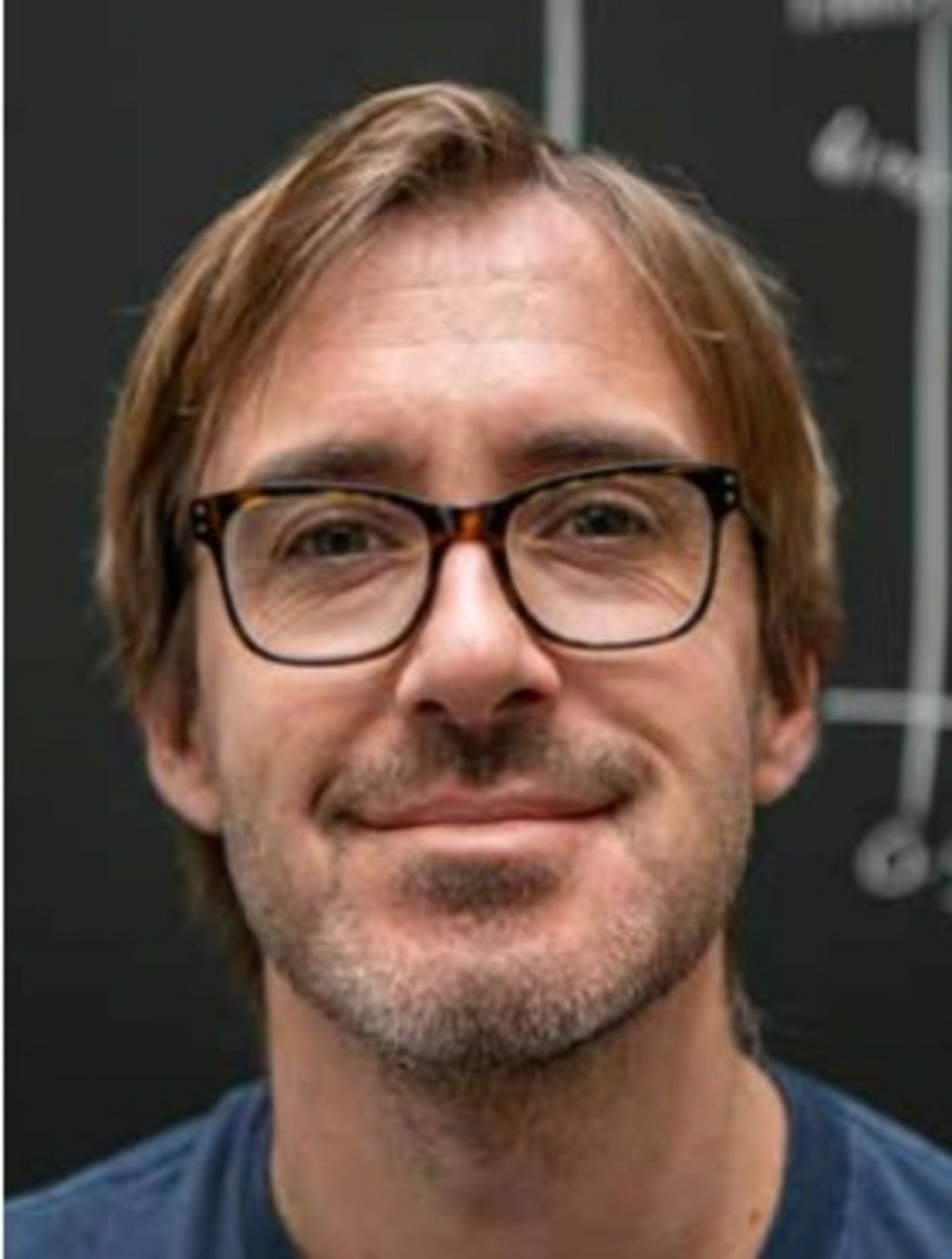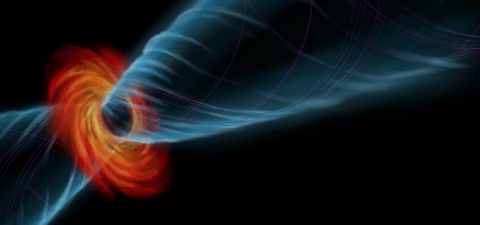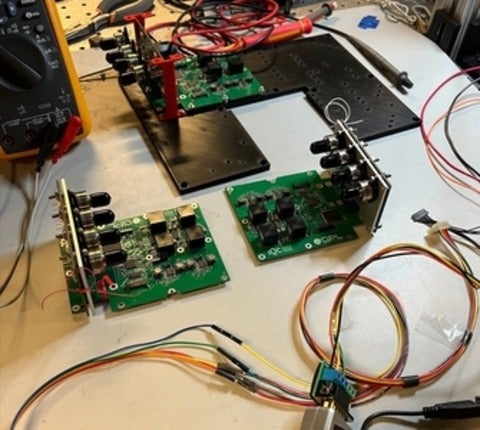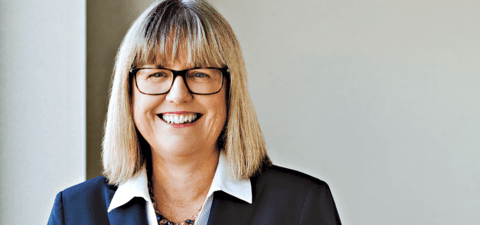Black holes could reveal their quantum-superposition states, new calculations reveal
Quantum superposition is not just a property of subatomic particles but also of the most massive objects in the universe. That is the conclusion of four theoretical physicists in Australia and Canada who calculated the hypothetical response of a particle detector placed some distance from a black hole.
